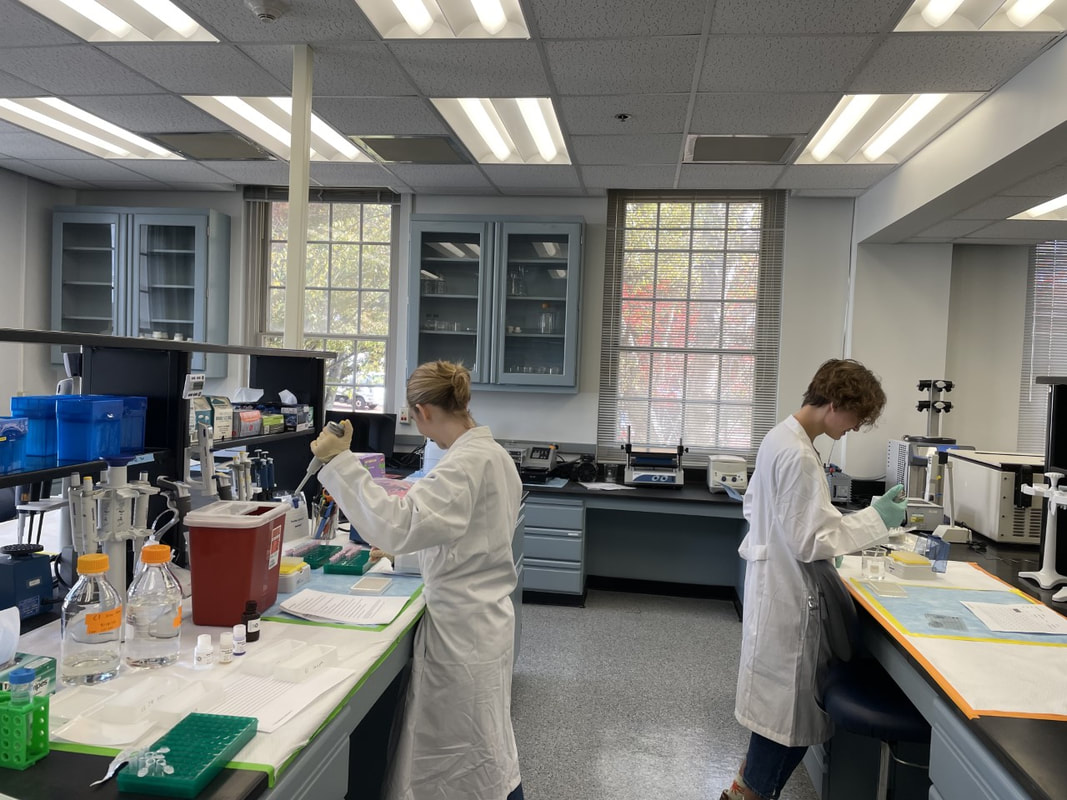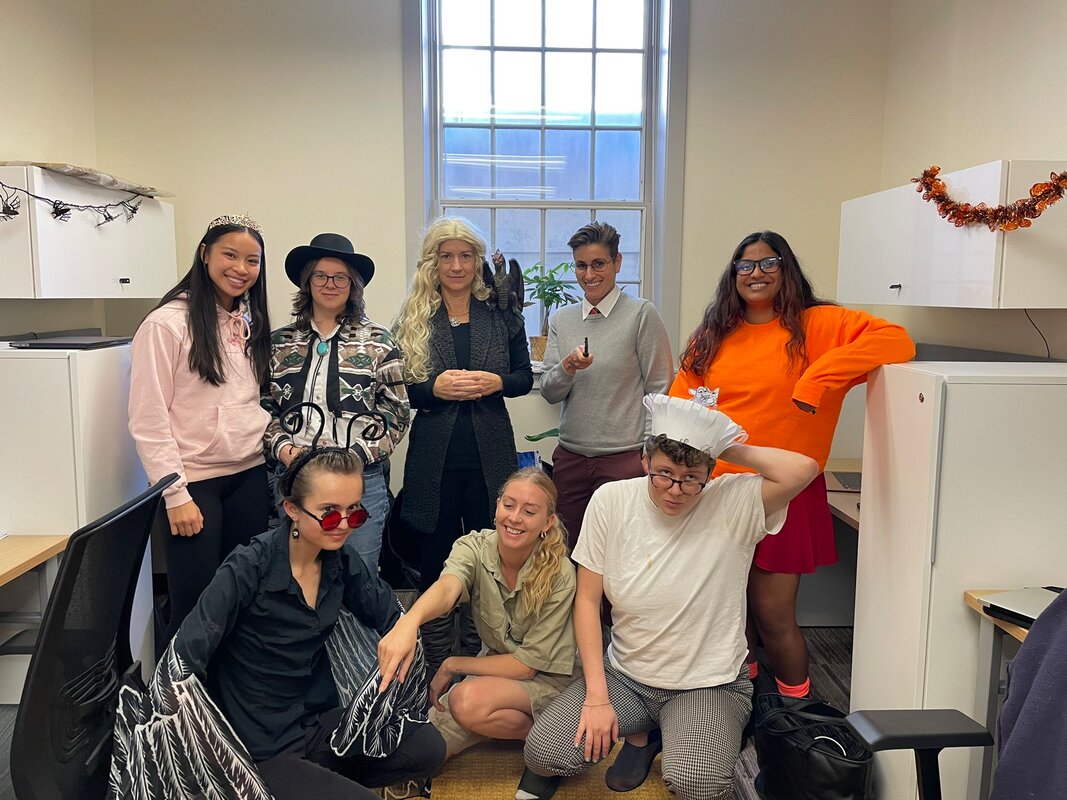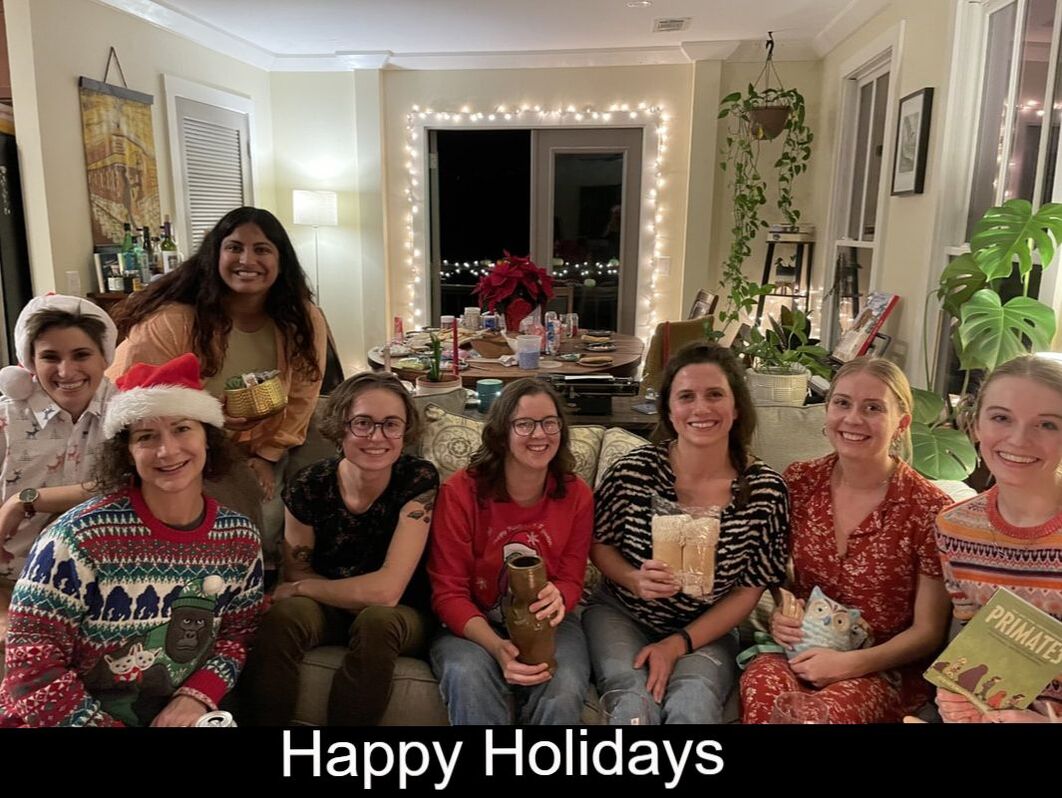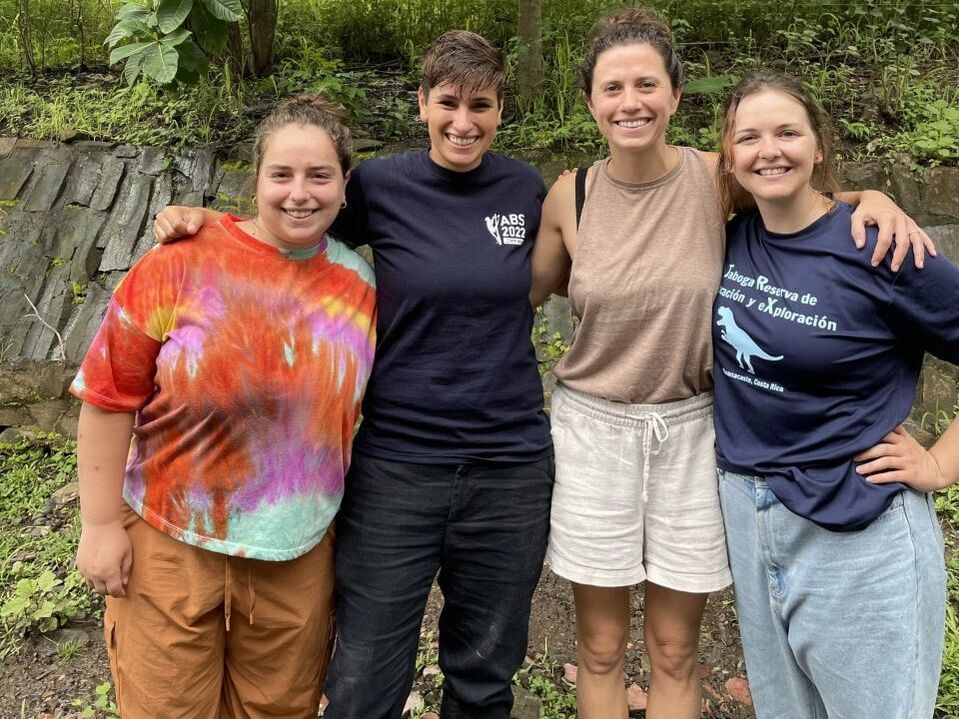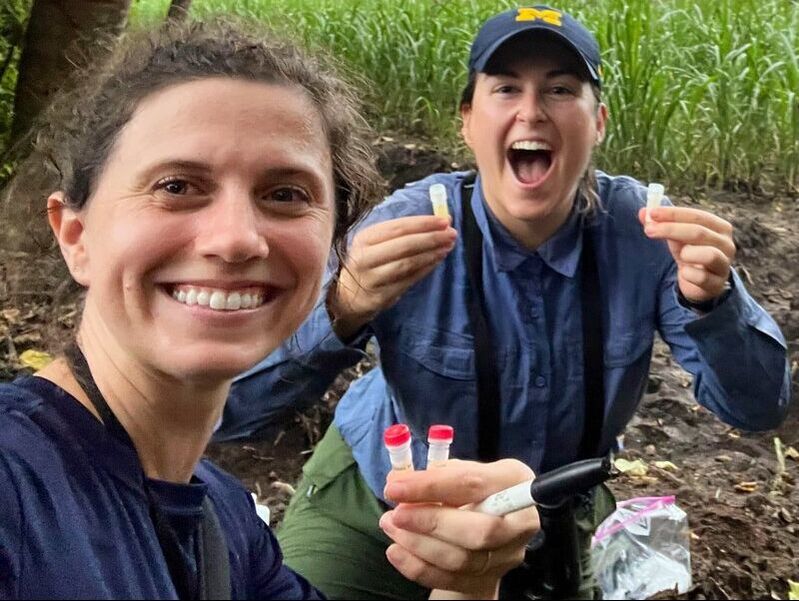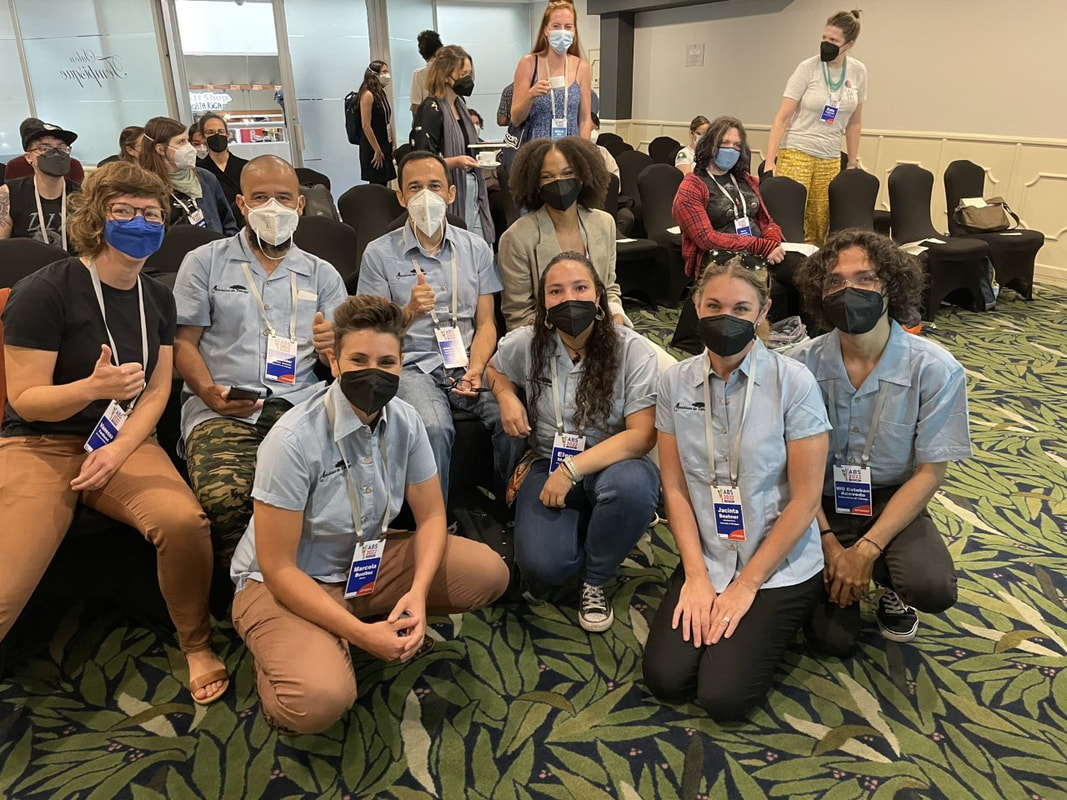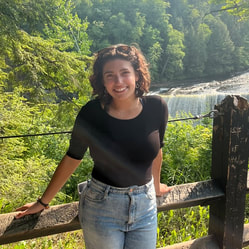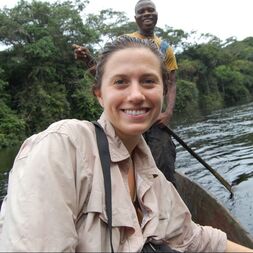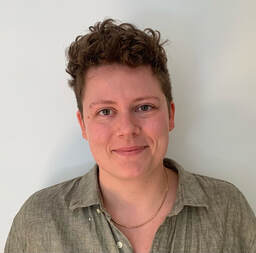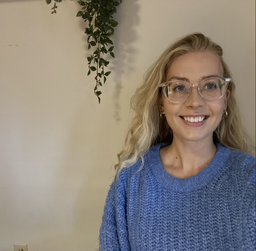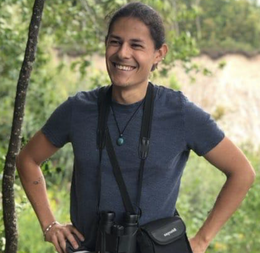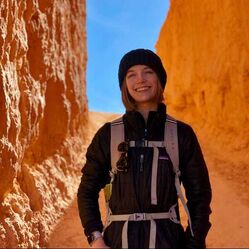The Social Cognition and Primate Behavior Lab examines how primates make important social decisions, what underlying factors impact these choices, and why these decisions are adaptive. We tackle these questions from an evolutionary and comparative perspective while utilizing a mechanistic approach, through the integration of behavioral observations and experimental paradigms on wild monkeys at our field station, Capuchins de Taboga, in Costa Rica, and on captive capuchins at the Language Research Center at Georgia State University, and the assessment and manipulation of hormones, at our Social Endocrinology Lab at Emory.
Current Research Projects
1. How do primates make informed social decisions? What factors influence these choices?
2. How does between-group conflict influence within-group social dynamics, affiliative behavior, and cooperative decision-making?
3. What strategies do monkeys use to solve novel problems? What factors influence these strategies?
4. How do hormones impact social behavior, conflict, cooperation, and social decision-making?
2. How does between-group conflict influence within-group social dynamics, affiliative behavior, and cooperative decision-making?
3. What strategies do monkeys use to solve novel problems? What factors influence these strategies?
4. How do hormones impact social behavior, conflict, cooperation, and social decision-making?
2023-2024 Lab Updates
|
SoCaP Junior Elizabeth Whiteside was selected for this year’s Anthropology Outstanding Junior Award. Congrats Elizabeth!
Thrilled to have been awarded an inaugural Emory & GA Tech AI Humanity grant with Dr. Jacob Abernethy to develop a smart computer testing system for studying cognition in wild capuchins. Our research on social learning in capuchins monkeys was recently funded by the NSF Broaden and Build program aimed at expanding scientific capabilities at MSI institutions and broadening participation in STEM. Graduate student Sarah Kovalaskas received an NSF Doctoral Improve Grant for her dissertation research on the effect of intergroup competition on affiliation, oxytocin, and group cohesion in these wild white-faced capuchin monkeys. |
First Postdoc
|
Gita Gnanadesikan is an evolutionary biologist and comparative psychologist fascinated by the diversity of animal behavior and cognition. Why do individuals and species behave so differently from one another? And how do genetics, environment, and experience combine to produce the variation that we observe? Her dissertation focused on assistance dogs, designing and implementing experiments that measure dog cognition and behavior in meaningful ways and then exploring the extent to which genetics and hormones explain the differences we observe between individuals. During the course of this work, she became particularly intrigued by the neurohormone oxytocin and the difficulties involved in measuring it. Oxytocin is often thought of as “the love hormone”, and we know that it’s involved in infant care, pair-bonding, and human-animal relationships. But it’s surprisingly difficult to measure. She has assessed multiple existing techniques and developed new methods, hoping to improve our measurements of this important molecule. She is looking forward to applying this work to a new study system as a postdoc at Emory. She is working with Marcela Benítez to study the role of oxytocin in cooperation between capuchin monkeys. As an Emory FIRST postdoctoral fellow, she is also looking forward to teaching at the Atlanta University Center Consortium.
|
Lab Manager
|
Arianna (Ari) Mistry graduated from the University of Michigan with a double major in Environmental Studies and Biopsychology, Cognition, and Neuroscience (BCN). Her interests lie at the intersection of behavior and environmentalism, and her previous work at the UM Cognitive Evolution Group led her to studying primates. She is passionate about animal behavior, the underlying neuroendocrinology of social behaviors, and primate health. She is currently working as the joint lab manager for the APE Lab at Emory and is excited to be learning from a variety of projects. |
Graduate Students
|
Sarah Kovalaskas is a PhD student in Biological Anthropology at Emory advised by Dr. Marcela Benítez. Sarah is broadly interested in the evolution of primate social behavior, especially as it relates to the origins of human cognition and culture. Over the past several years, she has been involved in research with humans, Bolivian gray-eared titi monkeys (Callicebus donacophilus) in Bolivia, bonobos (Pan paniscus) in the Democratic Republic of Congo, and rhesus macaques (Macaca mulatta) at the Yerkes National Primate Research Center. Leveraging her past experience in behavioral endocrinology and fieldwork in bonobo behavioral ecology, her dissertation research investigates the evolutionary processes and underlying mechanisms shaping cooperative within-group behaviors in wild capuchin monkeys in Costa Rica. In particular, she investigates the effect of frequent intergroup competition on affiliation, oxytocin, and group cohesion in these monkeys."
|
|
Nicole Furgala is a PhD student in Biological Anthropology interested in the evolutionary origins of social cognition using interdisciplinary methods in evolutionary anthropology and comparative cognition. By studying cognition in the wild, she hopes to investigate shared and distinct socio-cognitive traits between human and nonhuman primates, as it related to unravelling how humans became such a cooperative species. Her doctoral research will investigate perspective taking and mental state attribution capabilities in capuchin monkeys (Sapajus apella and Cebus imitator) using behavioral experiments in both captive and field settings. Before coming to Emory, Nicole completed her MSc in Evolutionary and Comparative Psychology at the University of St. Andrews, and her undergraduate degree in Zoology and Psychology from the University of Guelph. |
|
Federico Sánchez Vargas is broadly interested in the evolution of social cognition, the potentially reciprocal relationship between different domains of cognition and positioning in the social hierarchy, and the ecological factors and proximate neuroendocrine mechanisms that may help explain social and cognitive complexity in capuchins. Why have capuchins convergently evolved to be the “apes of the New World”, and what might this be able to tell us about the specific conditions leading to the evolution of similar cognitive profiles in phylogenetically distant species? In what ways do capuchins conceptualize their physical environment and the other social actors in it in ways uniquely shaped by their ecology and evolutionary history? He hopes to incorporate cognitive experiments in the wild to investigate natural inter-individual variation in the ability to solve novel problems. Beyond research, he is also greatly interested in promoting conservation and fostering an appreciation for some of our closest evolutionary relatives. |
Undergraduate Students
|
Elizabeth Whiteside is a 3rd year at Emory majoring in Anthropology and Human Biology on the pre medical track. She is interested in exploring the connections between hormones and social behavior in capuchins and integrating her passions for reproductive health and behavioral research. She will be investigating the hormone cycles of female capuchins in conjunction with estrus behaviors to validate and compile data on ovarian hormones in capuchins. |
Former Lab Members

Isabelle Wagoner
Eleanor Gray
Atlas Moss
Elena Perez
Sedona Esptein
Chris Kozuch
Eleanor Gray
Atlas Moss
Elena Perez
Sedona Esptein
Chris Kozuch
Artwork by Sasha Collins

